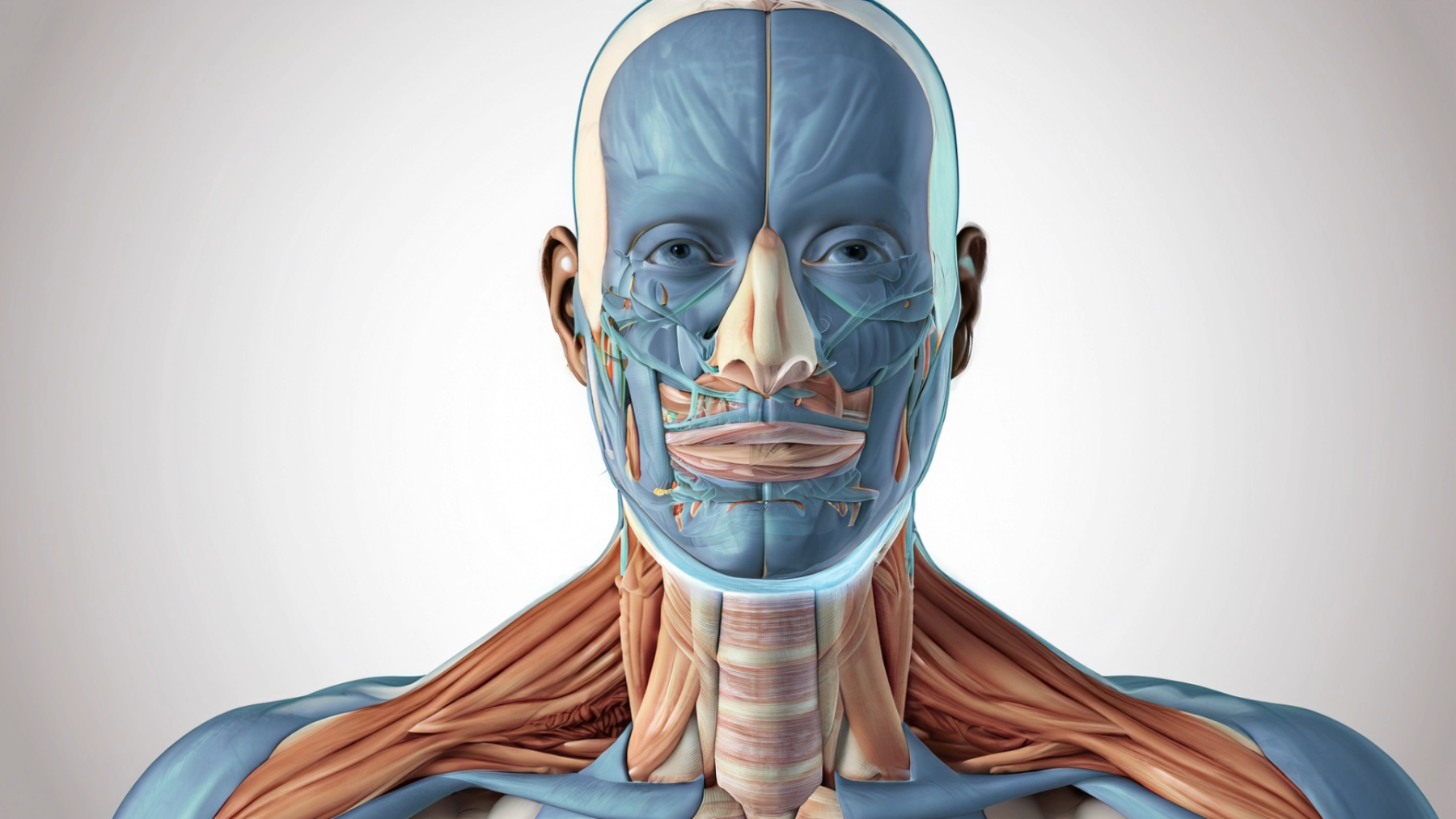
I'm Too Hot to Learn
by Leslie Gudger
Human cells function best within a specific temperature range. Recent scientific data has shown that extreme high temperatures can have detrimental effects on our cells. In fact, repeated exposure to extreme heat (like the 31 consecutive days of 110-plus degree weather we endured in 2023) can damage brain cells, cause inflammation in the brain, and exhaust cognitive reserve. How do we expect our students to gain and retain information under this steadily changing environment? Students will be conducting research on this scientific concept and creating a video to show their findings.
Lesson Grade Level
7th GradeLesson Plan Link/URL
https://docs.google.com/presentation/d/1F3bmMOpqqZUP8GVj-qLRIrPkKyE2ehRo/edit?u…Subject Area
Science Life Science L1: Cells Technology 1. Empowered Learner 3. Knowledge Constructor 6. Creative Communicator English Language Arts (ELA) Reading (Informational Text) Speaking & Listening
Featured
Off
Related Content

Featured
SNOW
Grades:
4th Grade
This lesson includes literacy, math, and art about snowflakes. Within math, students will dive into an analysis of angles within a common snowflake. Students will listen to an informational text about

Grades:
3rd Grade
What are the parts of a plant? What is pollination? What parts are involved in pollination? What happens when a bee or another pollinator flies from flower to flower? Why is pollination important? How

Grades:
6th Grade
This lesson takes place in a classroom over two weeks. Students may work in small groups of 2-3. Prior to the robotics challenge, teachers should facilitate student discussion through guided lessons